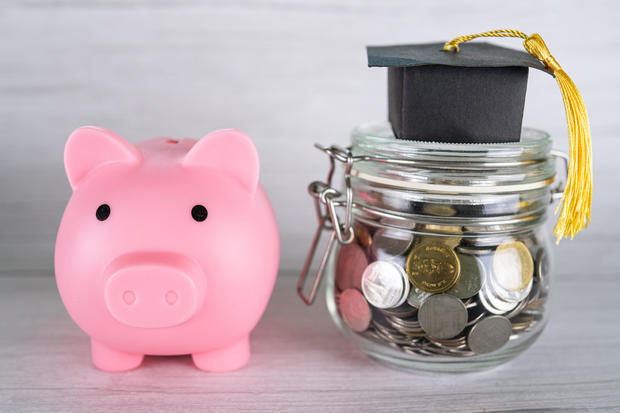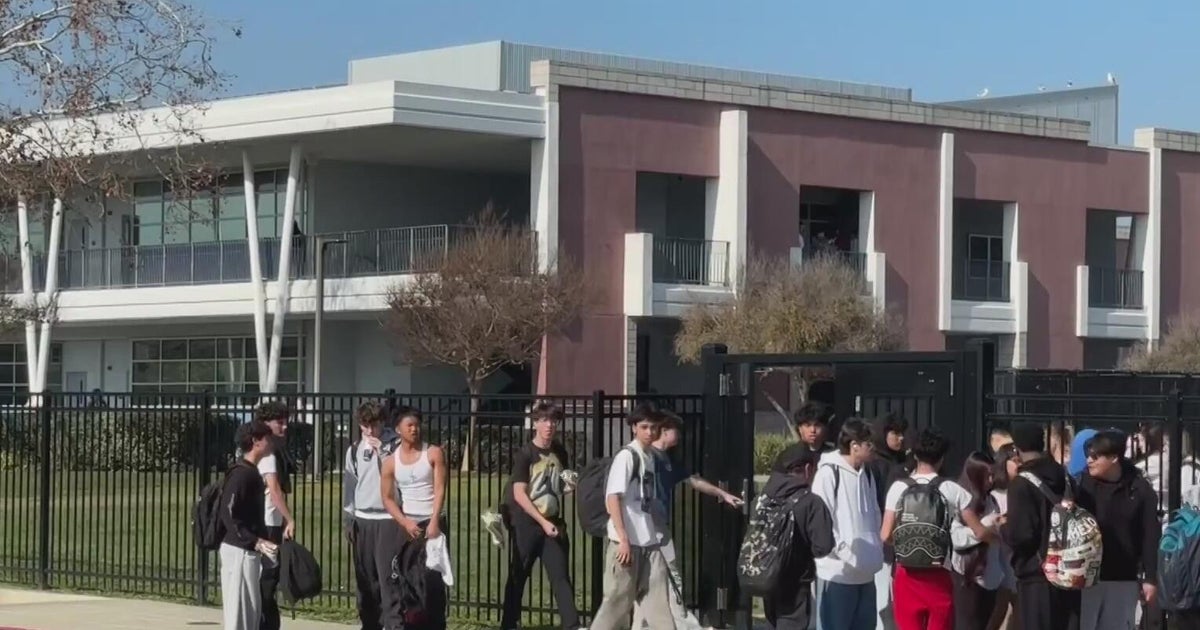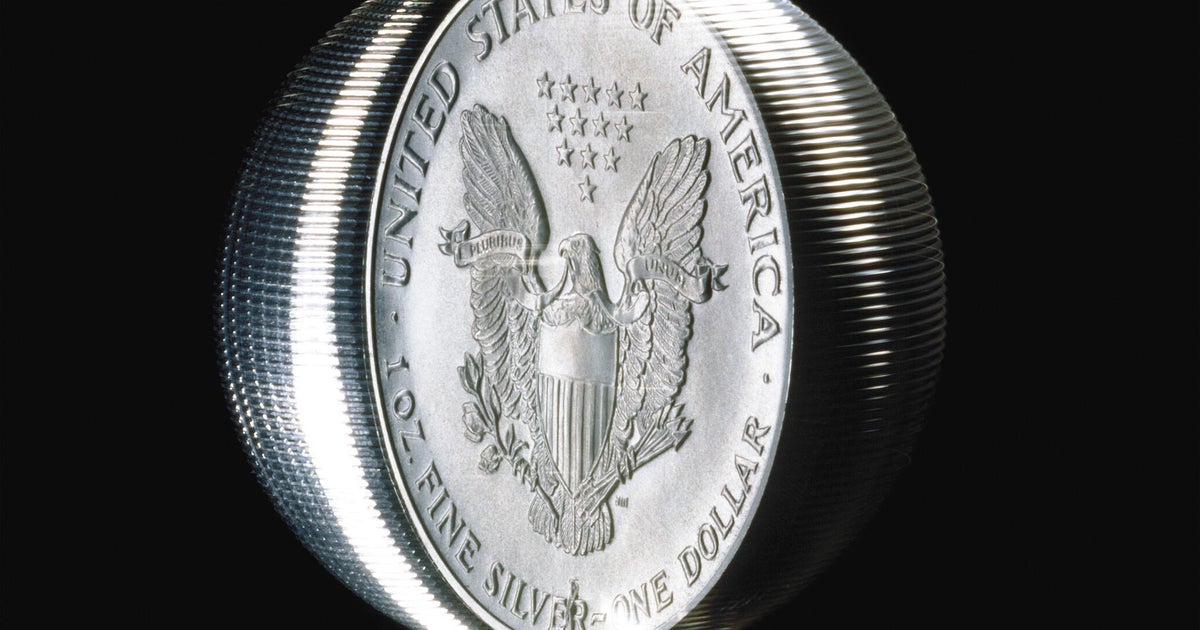Are private student loans worth it?
With a new school year on the horizon comes a new set of attendance costs to cover. But are federal or private student loans better for you? While federal loans come with many perks, there are some unique advantages of private student loans, too. Below we will break down four major benefits of going the private student loan route.
Check your student loan options here now to see what you qualify for.
Are private student loans worth it?
Here are four reasons why a private student loan may be worth it for you.
1. More borrowing potential
The amount you can borrow for college is determined by the school you plan to attend. However, you may run into limits beyond that. Federal student loans are subject to both annual and aggregate limits.
- Federal annual limits: Range from $5,500 up to $20,500, depending on your year in college, the degree you're pursuing and whether or not you're listed as a dependent on someone else's tax return.
- Federal aggregate limits: Currently set at $31,000 for dependents, $57,000 for undergraduate independent students and $138,500 for independent graduate and professional students.
With private student loans, the limits (or lack thereof) vary by lender, but many cover up to the full cost of attendance. As a result, if your college costs exceed the federal limits, you may want to turn to a private loan.
"Private student loans can provide additional financial support to bridge the gap between your college costs and any other financial aid you receive," says Jason Skinrood, a loan officer at Supreme Lending.
Explore your private student loan options here to learn more.
2. Well-qualified borrowers are rewarded
When you apply for federal student loans, the government gathers information about your family's situation to calculate your Expected Family Contribution (EFC).
The more your family can be expected to contribute to your college costs, the less federal aid you'll qualify for (e.g. Pell Grants, Subsidized Direct Loans, Federal Work Study, etc.). That said, even with a high EFC, you can still qualify for unsubsidized federal loans.
Eligibility for private loans is based on the creditworthiness and income of the borrower and anyone cosigning. As a result, those with higher incomes and better credit scores get the lowest interest rates, highest loan amounts and best terms. If you have a high EFC, you may find more competitive rates and terms from private lenders.
3. They're not secured by federal tax refunds or benefits
If something goes wrong and you end up defaulting on your student loan, private lenders can send your loan account to collections. They can also sue you to get a court order that allows them to garnish your wages and/or place liens on your assets.
While not ideal, the federal government has more power and reach. It doesn't need a court order to garnish your wages — it's automatically allowed to garnish up to 15% of a person's disposable earnings when they default on a non-tax federal debt.
Federal tax refunds and federal benefit payments can also be withheld and applied toward the outstanding balance. Further, your loan holder can take you to court which can result in collection fees, court costs and attorney's fees.
4. You can shop around
Unlike federal student loans offered exclusively through the federal government, private student loans are available through a variety of private student loan lenders. The loan offerings vary in terms of loan amounts, interest rates, fees, eligibility requirements, repayment terms, hardship programs, discounts, discharge options, and more.
Instead of just one option, you can shop around and compare rates and terms to find the best fit. Shop around for private student loan lenders here now or via the below table.
When are federal loans worth it?
Federal loans are often the go-to solution for college students — and for good reason.
They come with competitive fixed interest rates, flexible eligibility requirements, loan forgiveness programs, forbearance and deferment options and income-based repayment plans.
You may find them better if:
- You/your cosigner don't qualify for private student loans at competitive rates.
- You qualify for a loan forgiveness program.
- Federal loans will cover all of your higher education costs.
- You don't mind borrowing from the federal government.
- You want an income-based repayment plan.
The bottom line on private student loans
When you need more than what federal loans offer due to the loan limits, private student loans can fill the gap. They can also be helpful if you prefer to borrow from an entity aside from the federal government and can qualify for competitive rates.
A good place to start is by submitting the FAFSA application to learn about the financial aid available to you. Then, shop around with private lenders to find out what they have to offer. With all your options on the table, you can decide if federal loans, private loans or a combination is best.




